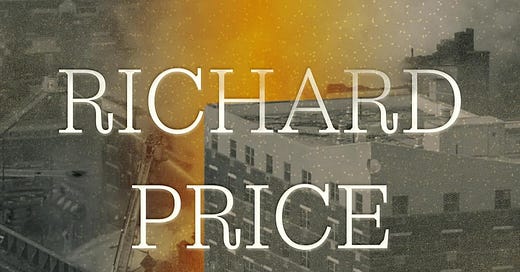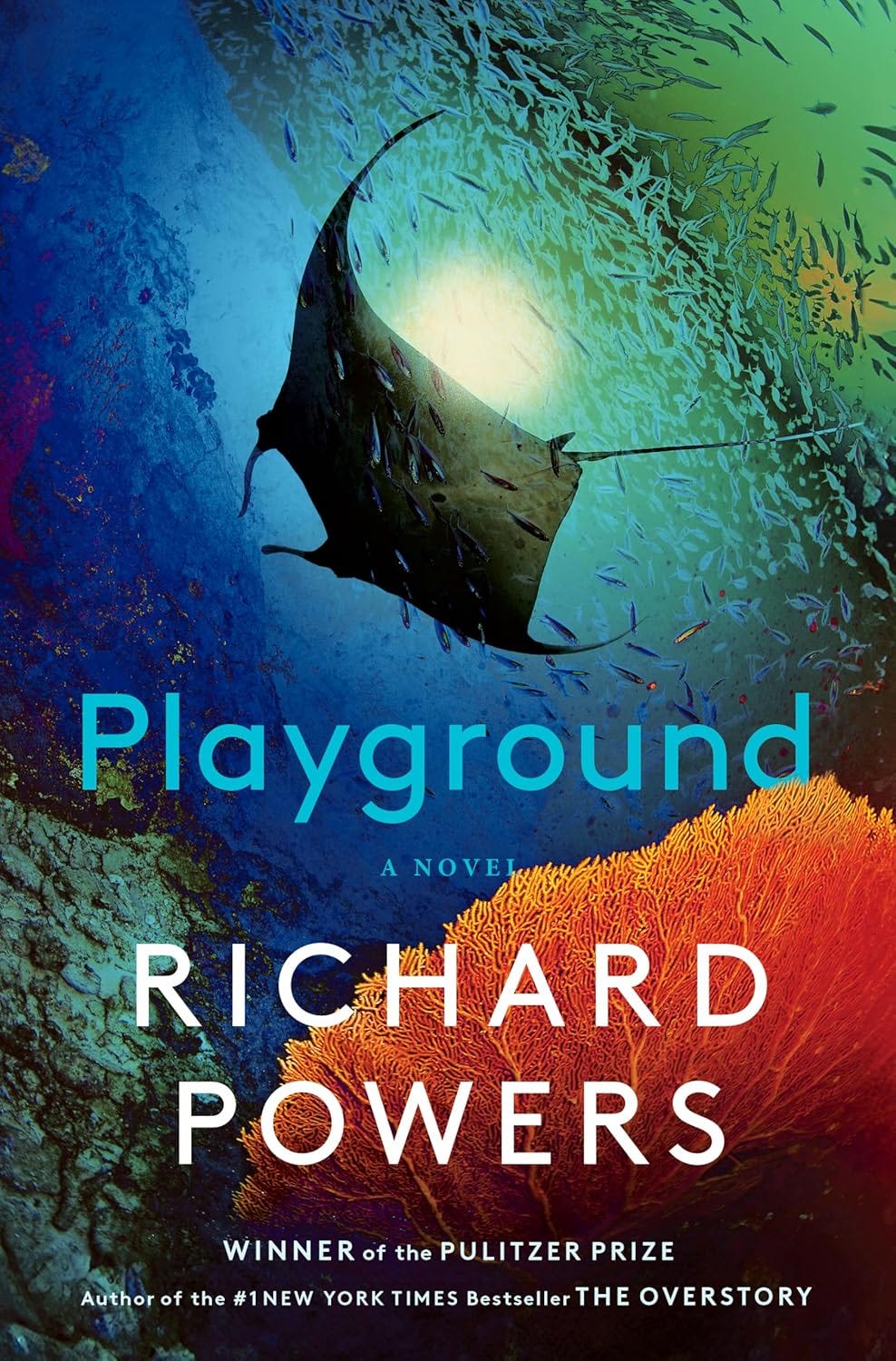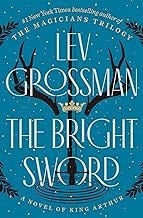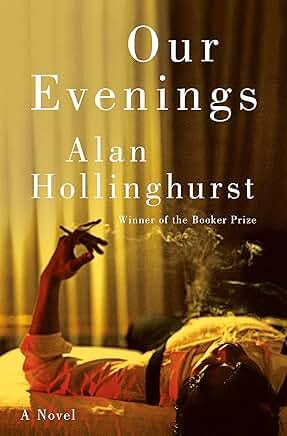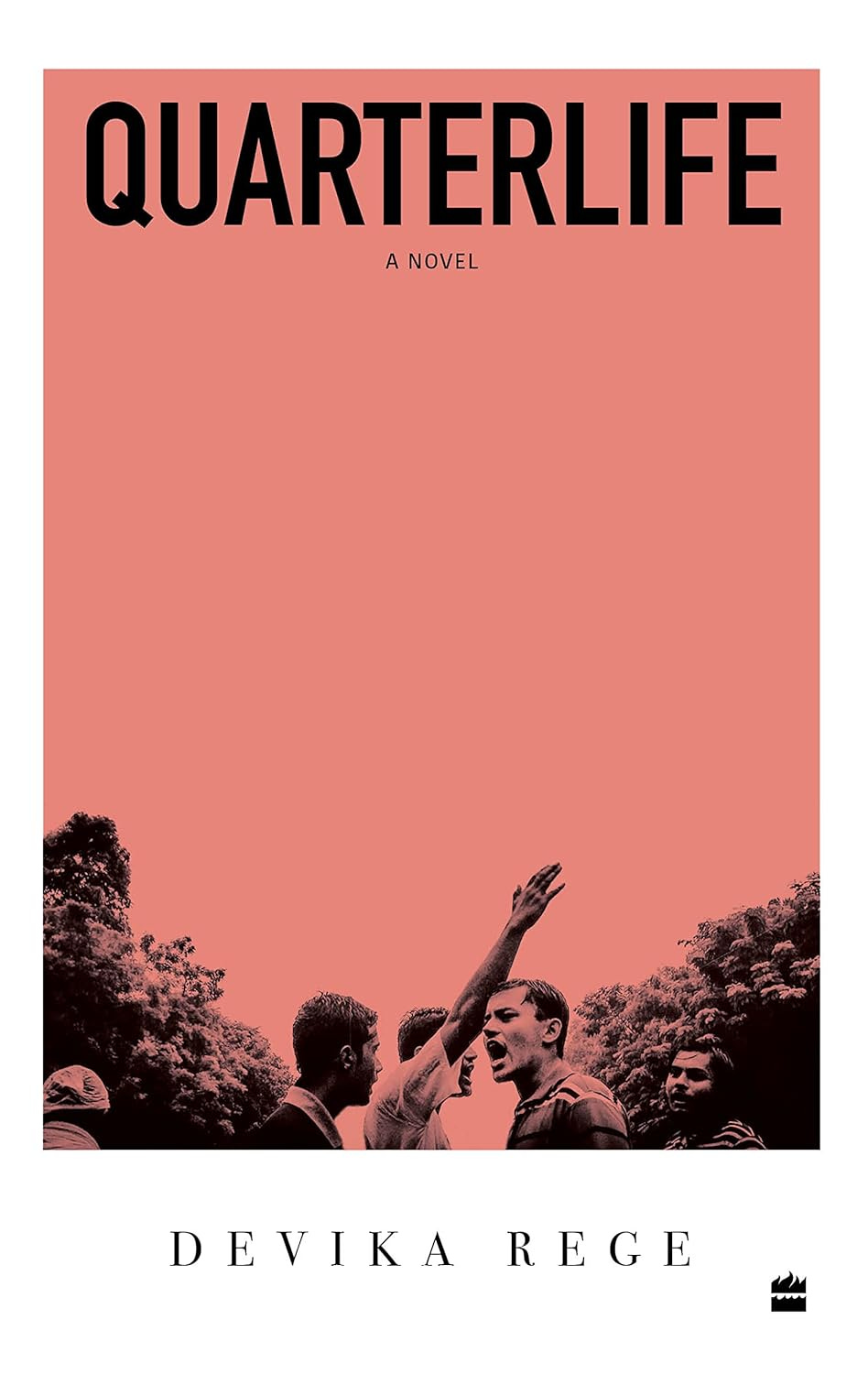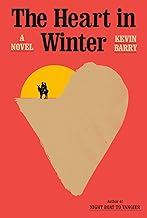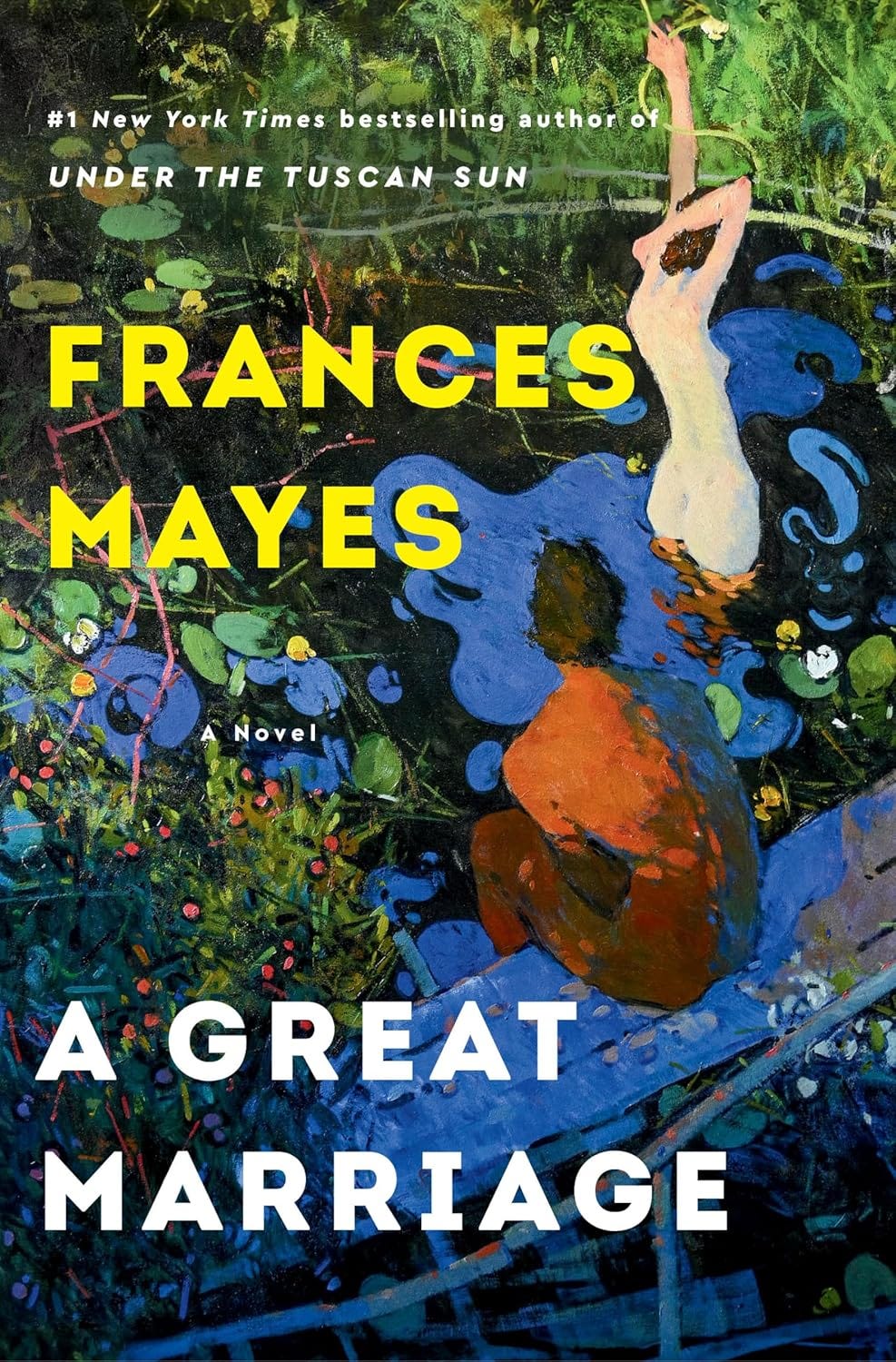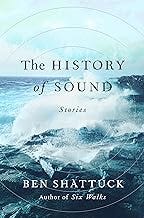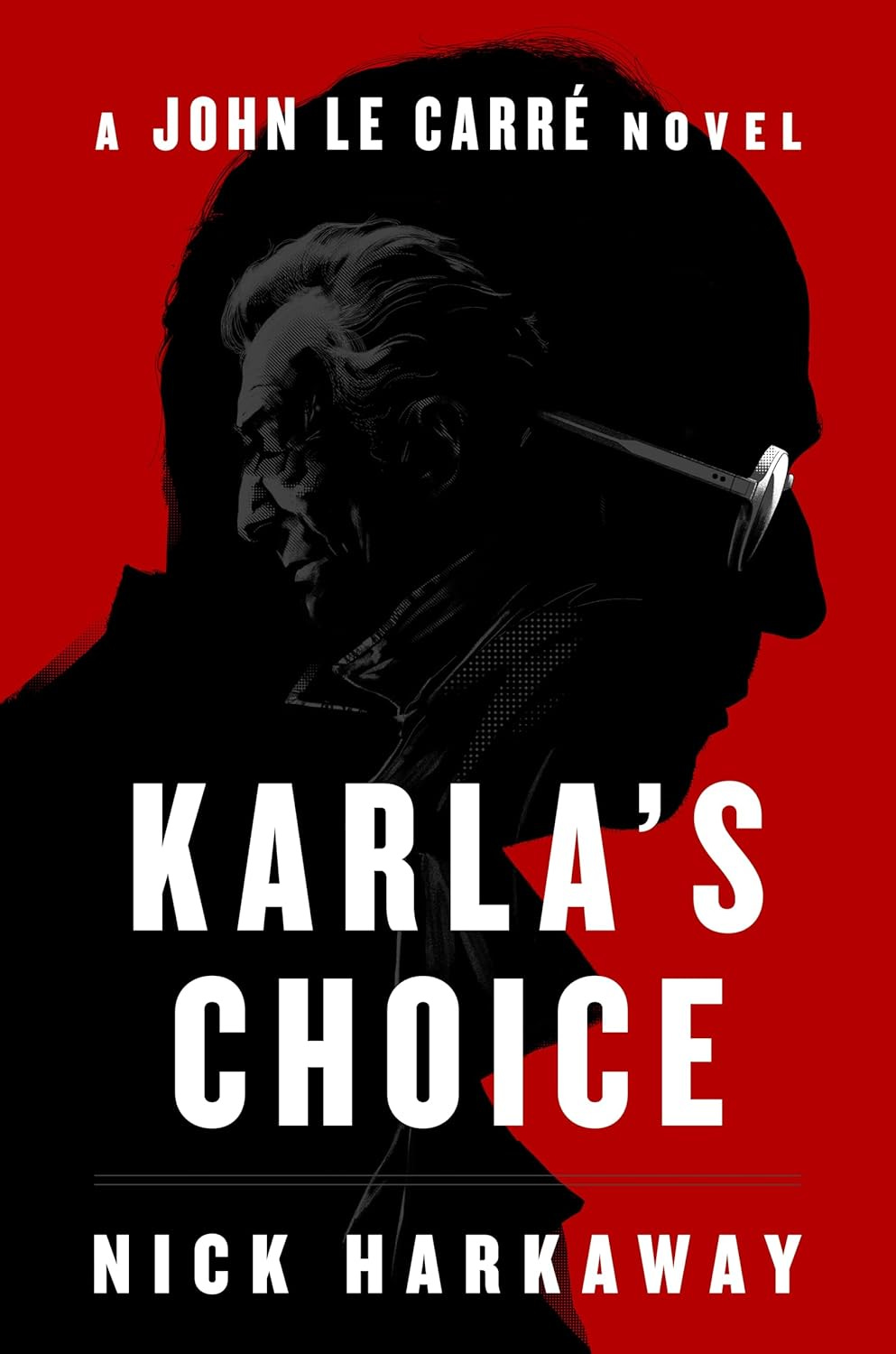The Best Books of 2024: Fiction
It's fascinating how many elements present in the year's worst fiction – autofiction, carpetbagging, forced slice-of-life whimsy – are also present in moderate amounts in the year's best fiction. The similarities highlight the differences: in the year's best fiction, there was also invention, risk, and even little bits of wisdom here and there. There was also the one element conspicuously missing from the year's worst fiction: enjoyability. Some novels and short stories of 2024 didn't forget their capacity (even their obligation) to entertain. These were the best of them.
10 Lazarus Man by Richard Price (Farrar, Straus and Giroux)
A handful of tried old stalwarts turned in fine work this year, and our list starts off with one such example, the latest novel from Richard Price, author of Clockers and Lush Life, here a story the shockwaves the reverberate from the 2008 collapse of a Harlem tenement.
9 Playground by Richard Powers (WW Norton)
This new novel from fellow stalwart Richard Powers, author of the durably wonderful The Overstory, moves the arena of his nerdy awe from the forests to the oceans, telling the pleasingly complicated (and, thanks to this author's perennial skill, beautifully written) story of “seasteaders” dreaming of living permanently on the surface of the sprawling Pacific Ocean.
8 Deadpan by Richard Walter (Heresy Press)
The strangest entry on the list this time around is also the funniest, this odd, awkwardly wonderful story by Richard Walter about a 1970s car dealer who finds himself surreally transformed into a Jewish comedian and forced to live as the kind of person he previously disdained. Walter manically hauls in dozens of name-recognition figures from recent history, and he skillfully blends social inquiry with raucous humor.
7 The Bright Sword by Lev Grossman (Viking)
Ordinarily, the prospect of an established author writing an enormous work of Arthurian fiction would be rightly appalling, the threat of great barrel-loads of treacle (likewise the prospect of such a book written by a blue-haired Twitter slacktivist, where Guinevere is a take-charge girl-boss who don't need no feudal lord). But Lev Grossman manages to invest the Arthurian world with a fiercely inventive and sharp-edged fantasy sensibility that makes it all feel new.
6 Our Evenings by Alan Hollinghurst (Random House)
There are old stalwarts on the list this time around, and some of those stalwarts are predictable not only in their presence on the list but in the plots of their novels (again, the odd parallel with the more Greenwellian elements of the opposite list), and who does that describe better than Alan Hollinghurst, an excellent author with precisely one plot? The Outsider to the Glittering World in this novel is given the Martin Amis-style name of Dave Win, and the book is as eloquent and involving as everything else by this author, despite its idiotic US cover.
5 Quarterlife by Devika Rege (Liveright) – The fiction year was so anemic and infuriating that it provided no real grounding for a “Best Debut” list (and 30 or 40 titles for a “Worst Debut” list, if such a thing existed), so it seems only right to include a debut on the “Best Fiction” list this year, and there was none stronger than this towering and deeply touching Mumbai novel that invites dreams of a stellar writing career.
4 The Heart of Winter by Sebastian Barry (Doubleday)
Another piece of historical fiction makes its way onto this list because the year's offerings were too slim to support a separate “Best Historical Fiction” list: Sebastian Barry's strange, violent, oddly precipitous vision of the 19th-century American western territories, his carefully-carved characters, the utterly unsparing momentum of his plot lines, all make this a memorable performance.
3 A Great Marriage by Frances Mayes (Ballantine Books)
Frances Mayes is also very much a stalwart, although of a “women's fiction” type that almost always prompt literary snobs to exclude her books from lists like this, but nevertheless: this novel about a seemingly perfect marriage that abruptly and spectacularly falls apart is completely engrossing and written with genuine charm and insight in amounts easily abundant enough to put the book on any list.
2 The History of Sound by Ben Shattuck (Viking)
It's a comparatively rare thing for a collection of short stories to make an appearance on this list, but these twelve tales by Ben Shattuck, sprawling over centuries but pleasingly interested in New England, are so powerfully written, so fully realized in their own separate worlds, that the collection largely outdoes most of the novels of the year in sheer dramatic heft.
1 Karla's Choice by Nick Harkaway (Viking)
This, the best novel of 2024, could easily have taken the top spot on the Worst Fiction list, since the very premise of the thing – the son of John Le Carré writing a George Smiley pastiche novel – seems at first like simple heresy. Yes, Harkaway himself is an intensely talented writer, but the reflexive stand here is that only John Le Carré can or should write a Smiley novel. Harkaway overcomes this reflex in the only legitimate way: he writes a hell of novel, something that so smoothly combines his father's quixotically moral worldview and his own dark, note-perfect humor that he not only produces a deeply enjoyable Smiley novel but also re-draws what pastiche even means.

